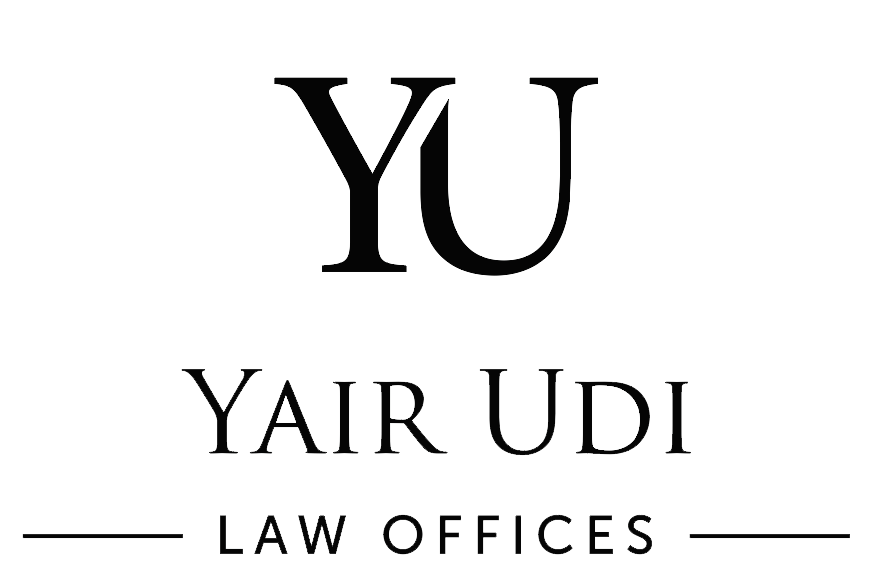In a recent labor law judgment dated December 12, 2023, delivered by Judge Oren Segev in the Tel Aviv Labor Areas, the placement of security cameras in the plaintiff’s work environment became a focal point leading to a resignation and, subsequently, a legal claim.
Employee Resignation Triggered by Cameras
The plaintiff, an office manager with approximately 18 years of service, submitted a claim against her employer—a company providing legal services in the intellectual property domain. The claim encompassed various rights stemming from her employment period. The plaintiff cited a tangible deterioration in her working conditions as a primary reason for her resignation, pinpointing the placement of security cameras around the office as a key concern.
Privacy as a Fundamental Right in Labor Law
Judge Segev’s ruling acknowledged that the placement of cameras by the defendants was initially justified and within the administrative prerogative of the employer. However, the judgment underscored the distinction between the legitimacy of the employer’s actions and the impact on the employee’s legitimate reasons to resign.
Privacy, recognized as a fundamental right and an integral part of protective rights in labor law, played a crucial role in the judgment. The court held that, under certain circumstances, a violation of the right to privacy could constitute a tangible deterioration of working conditions, justifying resignation by right of dismissal.
Violation of Privacy and Grounds for Resignation
Despite the cameras not being placed in the plaintiff’s private office, their proximity to her work environment and the comprehensive view they captured constituted a violation of the plaintiff’s privacy, as outlined in Section 2(3) of the Israeli Privacy Protection Law pertaining to the photography of a person while in their individual’s possession.
The Authority for the Protection of Privacy recognized the act of placing cameras in the workplace as a significant change in how an organization monitors its employees, acknowledging the inherent compromise of privacy despite the need for workplace monitoring.
Impact on Employment Termination and Severance Pay
The judgment concluded that the placement of cameras had a direct connection to the plaintiff’s decision to resign. While not constituting harassment and lacking specific intent to monitor the plaintiff, the act was deemed injurious enough to warrant resignation by right of dismissal. Consequently, the defendant was entitled to severance pay.
Importantly, the court did not find grounds to withhold additional severance pay, emphasizing that the circumstances of the plaintiff’s employment termination were subject to honest and genuine dispute. The defendants were not proven to have intentionally harassed the plaintiff.
Balancing Surveillance and Employee Rights
This landmark judgment sheds light on the delicate balance between employers’ legitimate surveillance needs and employees’ fundamental right to privacy. Employers are reminded to carefully consider the implications of implementing surveillance measures in the workplace, ensuring compliance with privacy laws to avoid potential legal consequences.
As labor laws continue to evolve, cases like these serve as a guidepost for both employers and employees navigating the complex intersection of privacy rights and workplace surveillance.
DISCLAIMER
This content is brought to you for informational purposes only, you should not construe any such information or other material as legal, tax, investment, financial, or other advice. Nothing contained on this website constitutes a solicitation, recommendation, endorsement, or offer by any person or any third party service provider to buy or sell any securities or other financial instruments in this or in in any other jurisdiction in which such solicitation or offer would be unlawful under the securities laws of such jurisdiction.
THIS ARTICLE IS PROVIDED FOR INFORMATIONAL PURPOSES ONLY AND DO NOT CONSTITUTE LEGAL ADVICE. THIS ARTICLE IS PROVIDED WITHOUT ANY WARRANTY, EXPRESS OR IMPLIED, INCLUDING AS TO ITS LEGAL EFFECT AND COMPLETENESS. THE INFORMATION SHOULD BE USED AS A GUIDE AND MODIFIED TO MEET YOUR OWN INDIVIDUAL NEEDS AND THE LAWS OF YOUR STATE, BY INDEPENDENT COUNSEL YOU RETAIN. YOUR USE OF ANY INFORMATION CONTAINED IN THIS ARTICLE, IS AT YOUR OWN RISK. WE, OUR EMPLOYEES, CONTRACTORS, OR ATTORNEYS WHO PARTICIPATED IN PROVIDING THE INFORMATION CONTAINED HEREIN, EXPRESSLY DISCLAIM ANY WARRANTY, AND BY DOWNLOADING OR USING OR RELYING ON THIS ARTICLE; NO ATTORNEY-CLIENT RELATIONSHIPS ARE CREATED. DO NOT USE THIS ARTICLE WITHOUT AN INDEPENDENT LAWYER YOU HAVE SPECIFICALLY RETAINED FOR SUCH PURPOSE.
© 2024 Yair Udi – Law Offices. All rights reserved

